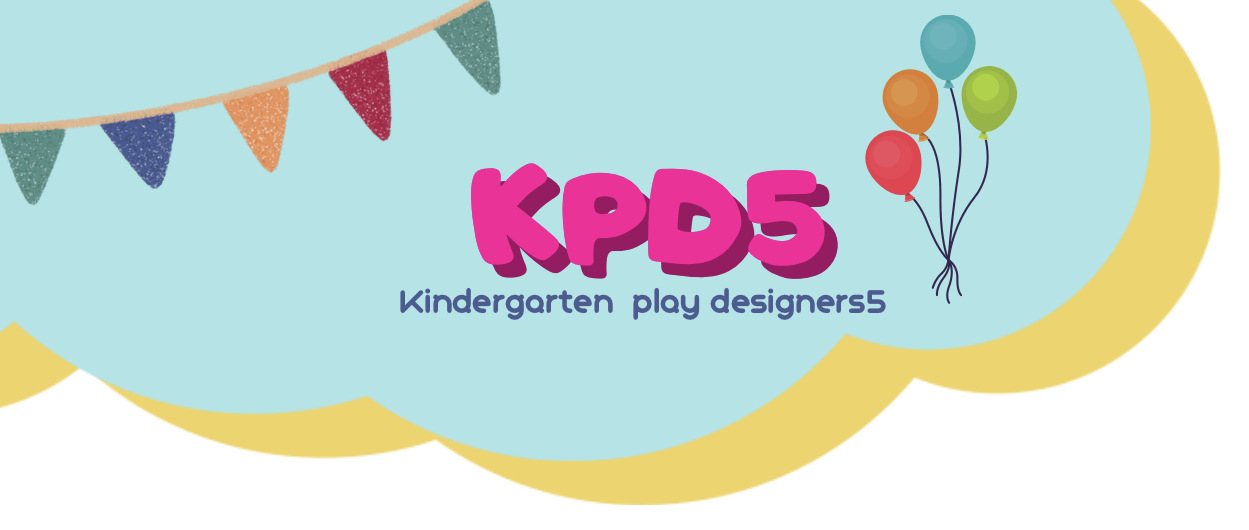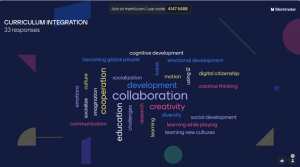The article is written by Araceli Gracia Triana
An important criteria to achieve a great quality project is the curricular integration.
The area of curriculum integration explores the impact of eTwinning on aspects that fall under the topics of internationalization of the curriculum, pupils’ key competences and school leadership.
Once enquired, all countries participating in the KPD 5 project have indicated that eTwinning is integrated in the official curriculum through topics such as international collaborative projects, European dimension, languages, digitalization, project-based learning, key competences, and cross-curricular teaching and learning. Therefore, it can be suggested that these contextual links strengthen and facilitate the integration of eTwinning in the school curriculum, promoting innovation and internationalization in school teaching and learning.
By joining KPD 5, children become the protagonists of their own learning, thus awakening their curiosity and motivation. The project aligns with most current pedagogical approaches and promotes project-based learning, decision making and critical thinking.
Our project promotes socialization and teamwork in a multicultural and multilingual environment. Thanks to collaboration with students and teachers from different countries it creates a learning environment in which students work together to achieve a common goal.
We cannot forget the great sense of community that is awakened between teachers and students who are part of the etwinning project.
KPD 5 focus on games and playing so we should notice that play is a childhood right and need and it is also a helpful learning tool in early childhood education.
Our project focuses on play based learning and playing in early childhood’s curriculum is a necessary condition to ensure optimal growth and development in children. It is also a key element to globally promote child development regarding cognitive, psycho-affective and cultural aspects.
Playing encourages the development of children skills, in a holistic way.
- Linguistic skills are improved, as games favor communication.
- Digital skills are promoted, aiming to help students to become aware of the responsible use of technologies but also.
- Learning through play engages children in steam challenges. Playing involves an exercise in creativity during which the imagination and fantasy of the players drives the most varied actions linked to symbolic thinking as well as improving their own psychomotor development.
- Besides, it fulfills a socializing function reaching agreements, accepting rules or solving problems in such a way that they promote the training of social skills and the emotional development of children strengthen self-regulation skills.
- Games are also a way to transmit different cultures.
For all these reasons, KPD 5 constitutes an essential element for optimal and complete child development and, consequently an essential part of the educational process. It fits in the curriculum providing a positive input in the learning process at the early years.


